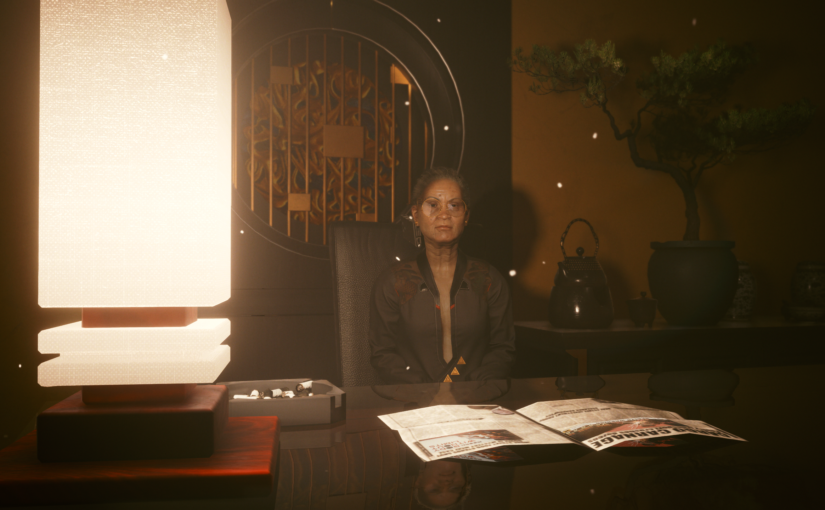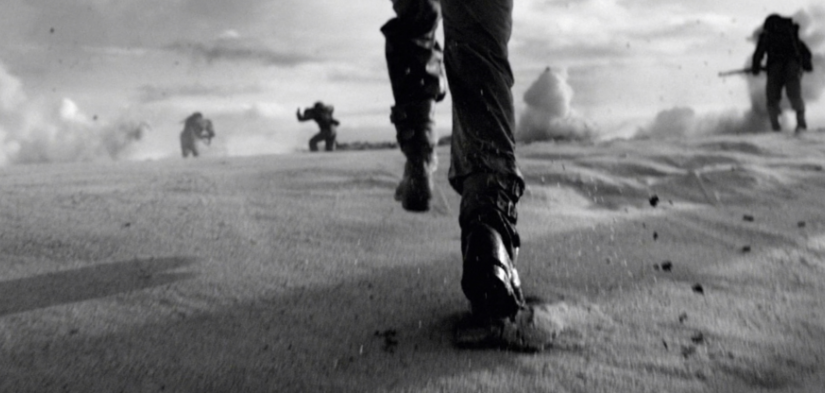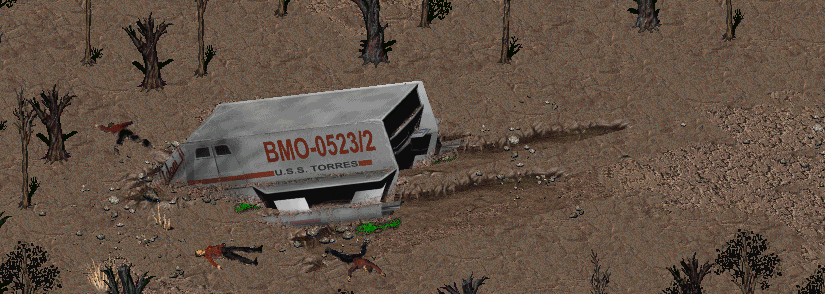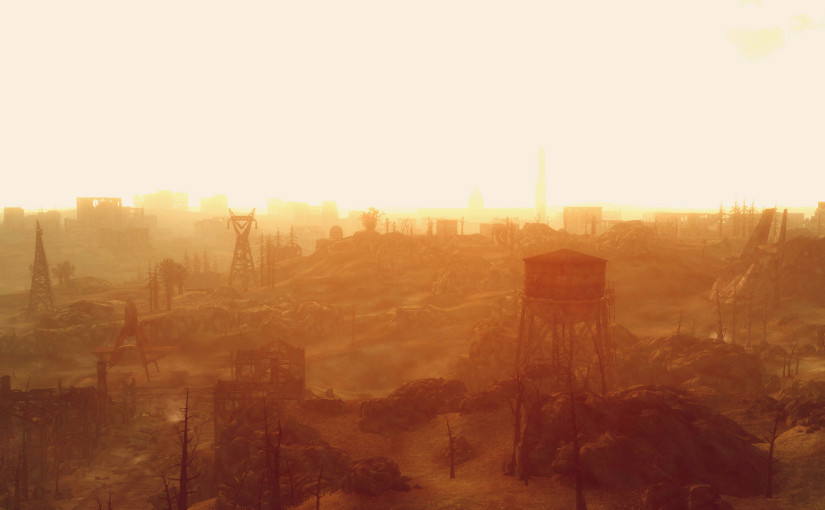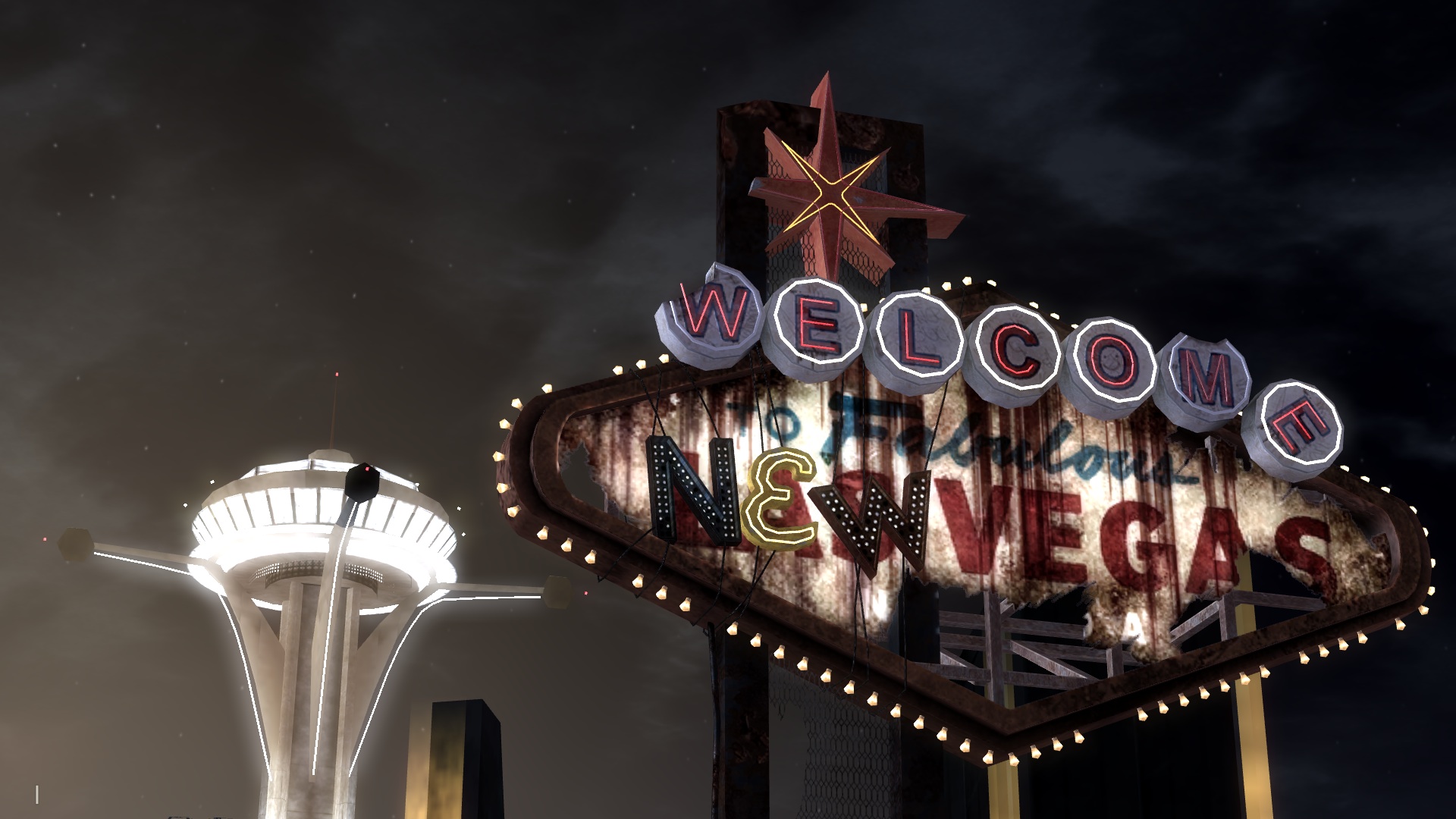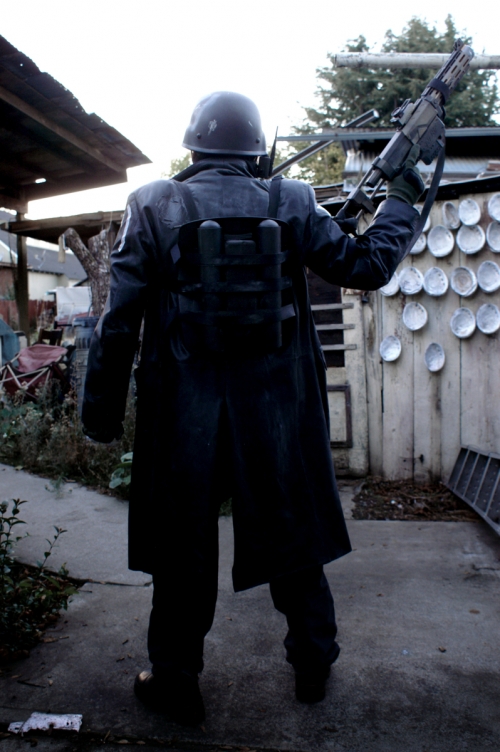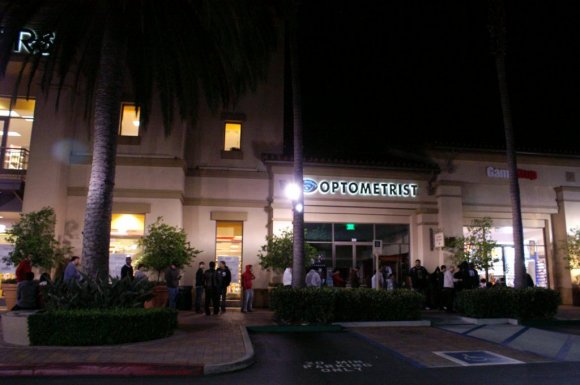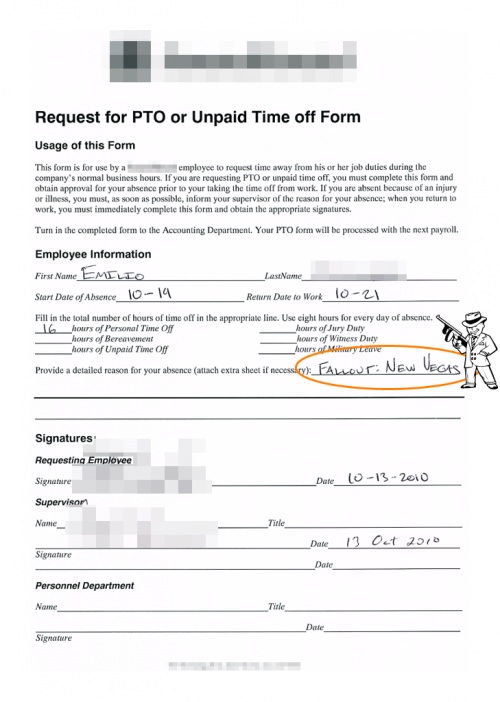The Fallout series of role-playing video games have been well-received and popular since Fallout was released in 1997 as “America’s first choice in post-nuclear simulation.†Post-apocalyptic video games have been numerous, yet the Fallout games stand out for their immersion and complexity. Fallout has managed to transcend the traditional combat- and leveling-focused RPGs to satisfy players on a much deeper level.
At least, the Fallout games transcended the typical genre offering until Fallout: New Vegas. Never before has a canonical, major release Fallout game received such hedged reviews from fans and critics. Yet, New Vegas seemed to have all the ingredients of a stellar Fallout game: an expansive world, factions to meet, choices to make, and excellent casting, all centered around a sweeping and nuanced regional conflict. Why, then, did it feel incomplete? There was something missing from New Vegas that, as players and critics have remarked, makes it feel more like a really big Fallout 3 expansion rather than a Fallout game in its own right.
Continue reading Rude awakening: Why Fallout: New Vegas felt incomplete
